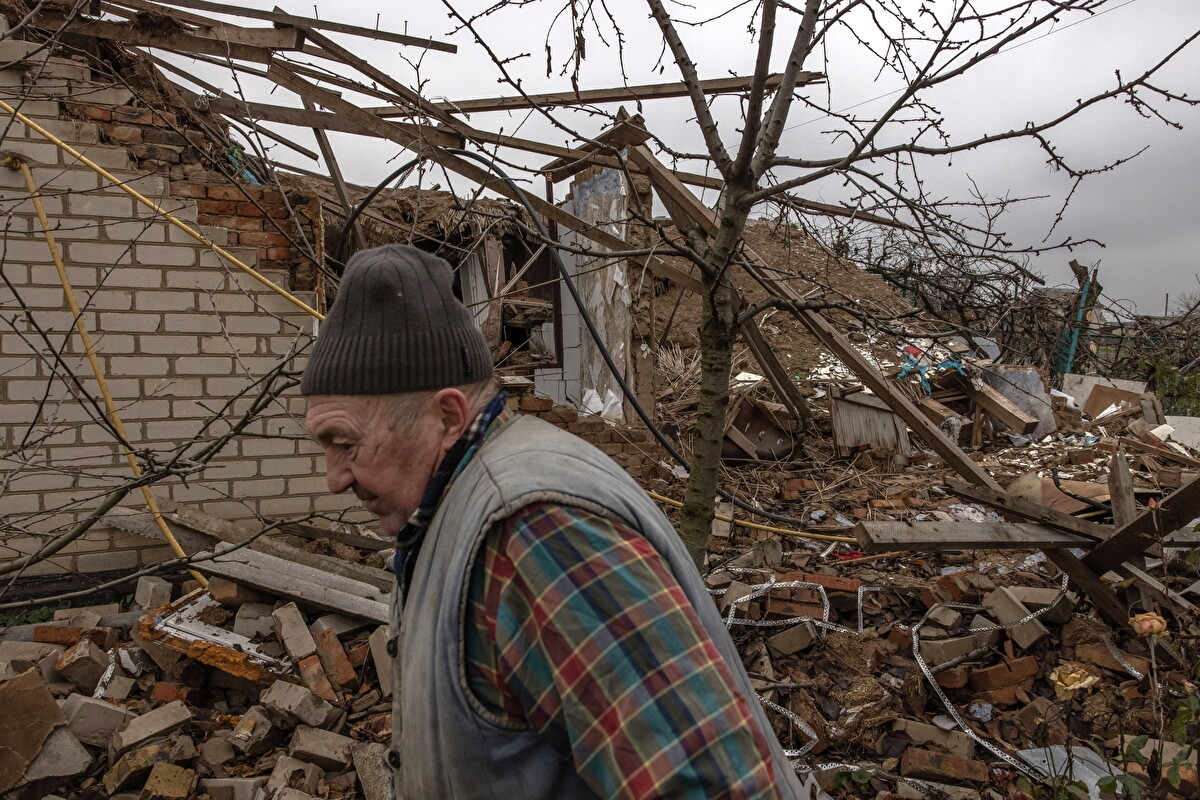Unlike the refugee crisis depicted in the mainstream media, the first scene of The Swimmers, written and directed by Sally El Hosaini, depicts the familiarity of adolescence as the Mardini sisters, Yusra and Sara, play in a neighborhood swimming pool. From allusions made to the sisters’ imminent fight for survival as they play with foam grenade pool toys, to the starker reality of the growing dangers as missiles fired into the night act as a backdrop while the sisters dance at an outdoor nightclub, the Mardini family doesn’t lose hope in their dreams for Yusra and Sara’s future as professional swimmers.
Yusra and Sara realize the only way to bring their family to safety is to travel to Germany and apply for family reunification status. Embarking on the most treacherous journey of their lives, they face unforeseen battles, including swimming alongside a sinking raft with 18 other migrants for hours until reaching the Greek island of Lesbos. The film repeatedly reminds viewers of the jarring contrast between the past and the present. Their lives and futures in their home country are rendered unrecognizable, with their loved ones endangered, leaving them with no other choice but to fight for safety, for survival.

Too often, the refugee crisis is depicted as an ongoing, inevitable human condition where populations are displaced or flee their homes in the face of adversity. Hosaini’s screenplay challenges the “west vs. the rest” trope depicting not a story of despair and hopelessness, but the contrary. Instead of focusing on the differences between their home in Syria and their journey through Europe to Germany, Hosaini highlights a Damascus of modernity, progress, and prosperity blighted by the destruction of war breaking “tired stereotypes of both refugees and young Arab women who’ve had to make unimaginable choices”. While the catalyst for their journey and, consequently, their challenges, is the war, Hosaini portrays their journey as one of resilience, bookended by their lives before the war in their home country and their strength to overcome hardship to pursue their dreams.
UNHCR Goodwill Ambassador and Olympian, Yusra Mardini, attended a pre-screening and panel discussion on November 9th at the UN Headquarters in New York. UNHCR NY Director Ruven Menikdiwela’s opening remarks highlighted the sobering statistic of displaced people which recently surpassed 100 million worldwide, “a powerful reminder that while refugees are individuals who have fled from conflict, war or persecution and need support, they also bring with them their incredible talents and diverse skills to the communities that welcome them”.
Melissa Flemming, communications chief and author of “A Hope More Powerful than the Sea”, reminded the attendees that statistics are necessary, but stories are how people connect with the situation at large, “It allows the audience not only to feel compassion for those forcibly displaced but identify with them – imagine they’re in their shoes.”
The Swimmers connects audiences to a context beyond that of the courageous journey to safety as the story evolves from strife to triumph. In the shadows of war, the swimmers’ dreams of competing for an Olympic medal dawns on the horizon. The trials and tribulations that Yusra and Sara face are overcome as Yusra pursues her lifelong dream in a victorious, global fanfare competing in the 2016 Summer Olympics in Rio de Janeiro, Brazil. “I walked into the stadium in Rio, and I realized that I can inspire so many people. I realized that ‘refugee’ is just a word, and what you do with it is the most important thing”.
The Swimmers presents audiences with the reality of refugees worldwide. Before the final credits roll, it is revealed that currently there are 35 million refugees of the over 100 million people who are displaced. Mardini and Hosaini want audiences to see beyond the staggering statistics as they feel much of the world has become desensitized to the ever-growing numbers, despite each family’s heroic efforts of survival and search for safety. “This movie is going to put the conversation on the table of what a refugee is, of what we want to change”, Yusra expressed after the screening, as the film is not to tell the story of the sisters’ unique achievements, but to show the world that their story supersedes the statistic and that all refugees and displaced people have their own story of survival and resilience.












